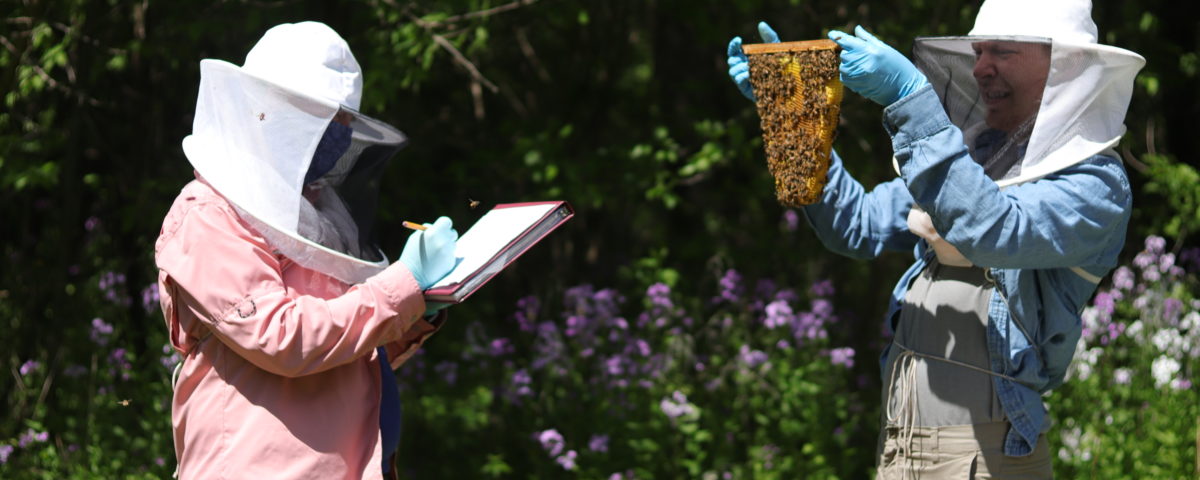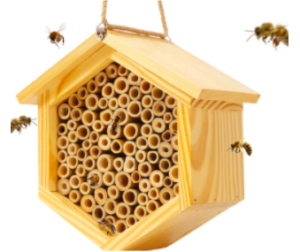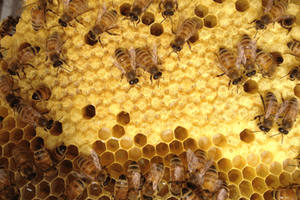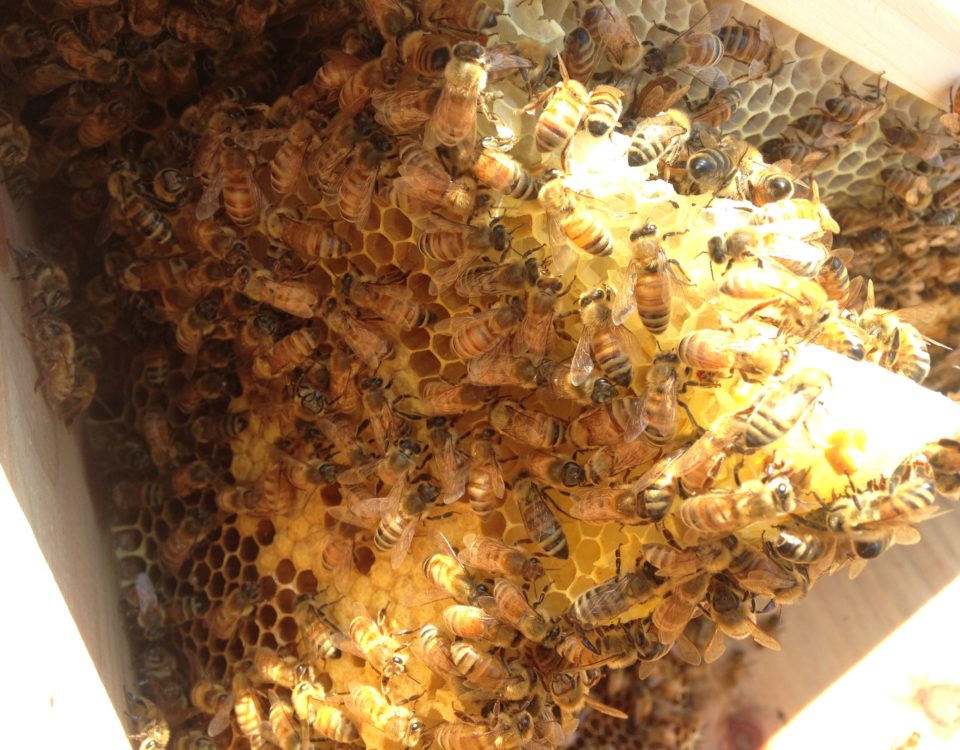- All-In-One Beekeeping for the Bees
- +1-608-728-8233
- info@beepods.com
4 Ways to Save The Bees in 2022

The new year has started and everyone is looking for ways to better their life with those new year’s resolutions. Typically, new year’s resolutions include dieting, trying to exercise more, save money, etc… and most of those new year’s resolutions do not last. We thought, why not start simple and try to incorporate a task or a small hobby and see where that takes you.
At Beepods, we have been trying to figure out how to tell non beekeepers about bees and get them involved. Not everyone is interested in beekeeping – which is fine – but we still think the bees deserve some love and the good news is that there are so many ways to help save the bees. You could find hundreds of ways to help the bees if you did some searching, but we are going to share four simple ways you can start helping!
Buy Sustainably Sourced Honey
This is probably the easiest way you can help save honey bees. You don’t have to do anything more than your typical grocery shopping – all it takes is a product swap. When it comes to regular honey versus raw honey, you always want to choose local, raw honey. Raw honey is not only better because it tastes better or has better nutrients for you, but for those who have health goals in 2022, this will also be to your benefit! But, more importantly, raw honey reduces pollution, saves resources, is free of pesticides, and promotes ethical beekeeping.
We want to continue promoting ethical beekeeping because that is where this all starts. If you support commercial beekeeping, then you are promoting the killing of bees. If promoting ethical beekeeping is something you are willing to commit to, here are some brands that have raw, ethically sourced honey. If you have trouble finding ethically sourced honey in your grocery store, head on over to your farmers market!
- Wainwrights Organic Fairtrade Honey
- Equal Exchange Organic Honey
- Hilltop Honey
- Essential Organic Honey
Buy Neonicotinoid – Free Bulbs
Many of you who are gardeners know that many conventionally grown flower bulbs contain neonicotinoids to keep aphids and other insects away – but this is harmful to honey bees. This is a tough one because many people are unaware that these bulbs are soaked in these pesticides and neonicotinoids can stay in a bulb for weeks if not months. This is one of the ironies of gardening because you are helping the bees but on the other hand, these bulbs could be harming them.
In recent years, many companies have been providing pesticide – free bulbs such as: the Organic Gardening Catalogue, Crocus or Natural Bulbs, A.D.R Bulbs, American Meadows and many more. Go check this out, especially if you are a gardener, this is a quick and easy swap to save the bees!
Give a Home to Solitary Bees
Maybe jumping into beekeeping isn’t for you, but that doesn’t mean that you can’t provide a home for them! Solitary bees are bees that do not belong to a colony, but they are still important! If you give solitary bees a place to live, they will reward you with pollinating your flowers and your vegetable garden that you have been trying to grow!
This one is for all of our engineers and builders out there – get ready to make your first solitary bee house! The easiest type of solitary bee home to make is out of bamboo cane. All you have to do is take some bamboo and make a frame for the lengths of the bamboo to fit into – it will look something like this.
If you can’t figure it out, no worries, you can always buy one!

Grow Those Herbs
I know that one of my goals for 2022 was to start an herb garden so I will definitely be checking this one off my list! Starting your own herb garden can be so simple and so beneficial. Many herbs like Chives, Borage, Fennel, Lemon Balm, Mint, and so many more provide nectar rich flowers that attract many different types of bees. Most of these herbs provide flowers over the summer but some will flower and provide food for pollinators as late as early autumn. Let’s talk about some of these herbs.
- Chives: Easy to grow herb that will likely flower again if you cut the flowers back after the first time.
- Borage: This herb is a beautiful blue/white color that you can sow from seed. This herb will bloom from spring all through autumn.
- Fennel: Closely related to the fennel bulb, it is a self – seeding herb and you will see its flowers produced midsummer.
- Lemon Balm and Mint: Both members of the mint family, these two herbs are not only delicious, but you will find these herbs flowering in the summertime.
You may not be aware of the plight that bees are facing. Over time, commercial beekeepers have used more pesticides on their crops for better yields and this is only one problem. Lots of these problems caused a negative impact on our ecosystem as it is believed that they contribute to colony collapse disorder. There are such simple ways that you can start to save the bees – start implementing some of them!
Elizabeth Allon
Latest posts by Elizabeth Allon (see all)
- Short But Mighty: The Stages of Life - January 26, 2022
- Honey Bees Vs. Highways - January 19, 2022
- 4 Ways to Save The Bees in 2022 - January 12, 2022



